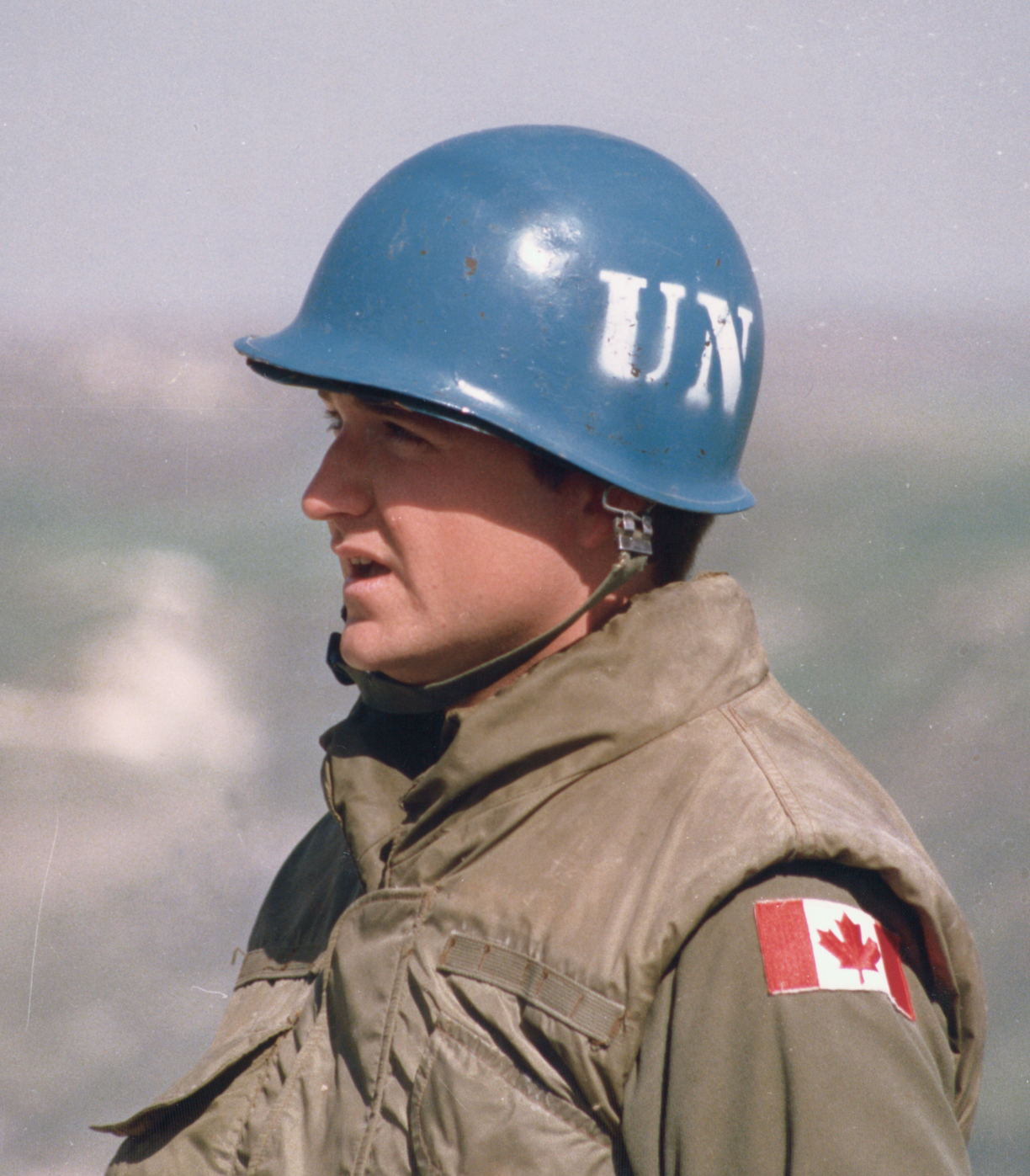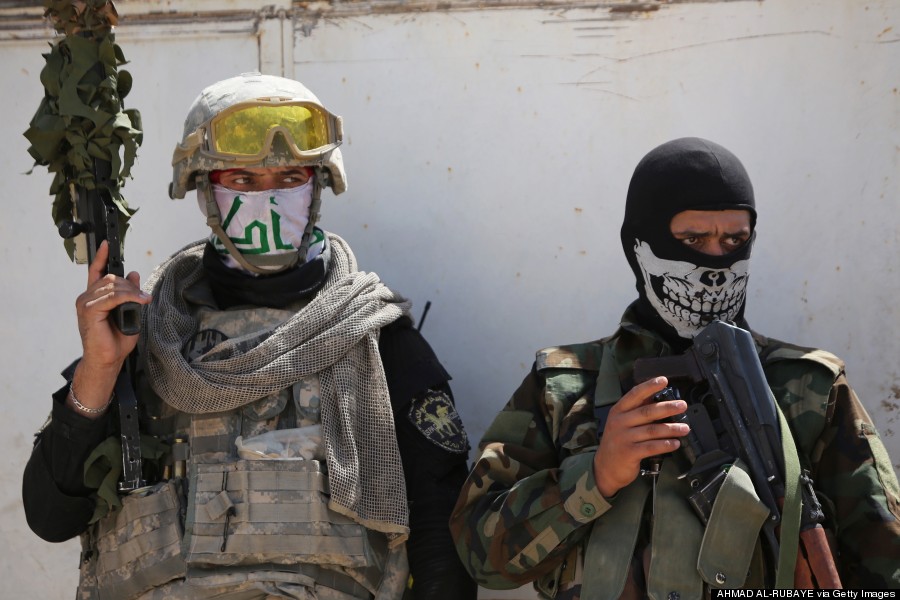March 27, 2015 marked the first United Nations (UN) Chiefs of Defence Conference in New York. During the meeting, Secretary-General Ban Ki-Moon appealed to over 100 of the world’s senior military officials and chiefs of defence for more peacekeeping participation from States, because “the needs are rising, but the resources fall short”.
Ban Ki-Moon asserted that the global security landscape is dangerously complex, and peacekeepers are needed to “first and foremost protect civilians from violence”. With the aim to revive Canadian Nobel Peace Prize laureate, Lester B. Pearson’s initiative of a peacekeeping force, many would believe that Canada would be ready to participate.

According to a Toronto Star article, Canada’s Chief of Defence Staff, General Tom Lawson was not present at the meeting. Perhaps this is because “the Canadian Forces are not in the blue helmet business anymore. From a peak of 3,300 Canadians deployed […] only a token of 90 serve today; 30 soldiers and 60 police officers”.
Could the pride that many Canadians hold as part of their identity as a peacekeeping nation be a myth?
Peacekeeping vs. Peacemaking
Over time, it appears that peacekeeping has become synonymous with peacemaking, causing some confusion. Let it be known that they are indeed different.
According to the UN, peacekeeping provides support for countries experiencing hostilities to make the transition from conflict to peace. In principle, peacekeeping missions are carried out to “support the implementation of a ceasefire or peace agreement, [that] are often required to play an active role in peacemaking efforts”. As one of the three guiding principles of peacekeeping, consent of all parties is required to allow blue helmet troops to assist in host countries.
As UN Secretary-General stated, peacekeepers “support stabilization and the extension of state authority. They strengthen the rule of law. They address gender equality. They protect human rights”.
Peacemaking, on the other hand attempts to facilitate the resolution of ongoing conflicts and “usually involves diplomatic action to bring hostile parties to a negotiated agreement”.
Where does Canada Stand?
Canada has a history of contributing more military personnel and police officers to UN and non-UN peacekeeping missions than most other countries in the world. Interestingly, the United Nations Association in Canada has revealed that there has been a sharp decline in Canadian participation in UN peacekeeping missions in recent years; particularly after the CAF re-engaged in NATO-led missions- International Security Assistance Force (ISAF) in 2001, and the United Nations Assistance Mission in Afghanistan (UNAMA) in 2002. Subsequently its contributions of troops and costs have dropped in UN peacekeeping initiatives.
Following the absence of Canada’s Chief of Defence at the meeting in March, the CAF’s contributions to peacekeeping missions has been portrayed as underwhelming. This is not to say that the CAF has not been active on the international stage.
Understanding the Context
National Security Reporter Michelle Shepard’s article examines how Canada, along with many other developed countries- particularly in Europe, have ‘abandoned’ UN peacekeeping missions. One may wonder why Canada has stopped the long-running tradition.
As previously stated, peacekeeping troops cannot be deployed to a host country unless there has been a formal agreement signed with all parties inviting them to proceed with their initiatives. Currently, there are a total of 16 ongoing UN peacekeeping operations in effect, where more than half of them are in Africa.
On the accounts of AU-NATO Collaboration: Implications and Prospects , the African Union (AU) has requested that NATO provide logistical and technical support to help with the readiness of their regional brigades. Since most of the recent peacekeeping operations have been taking place in Africa, there has been no genuine mission where Canadian peacekeepers were wanted. As Canada has been dialing down its resources in UN peacekeeping initiatives, it has ‘increasingly pursued more robust peacekeeping operations in stronger frameworks such as NATO”. In the past, Canada has not typically been one to pursue NATO-led operations in lieu of the UN’s authority. This could explain why Canada and its military has seen a shift towards a combat-ready, NATO-aligned military.
Today, the greatest contributors of blue helmet troops are from Bangladesh, India, Pakistan and within African states.
The Future of Peacekeeping
The evolution of peacekeeping forces has changed a great deal since it was first introduced in the 1950s. Conflicts and post-conflict periods are particularly devastating to civilians and the state’s political system. As Ban Ki-Moon put it, conflicts and violence are “threatening to destabilize regions and affecting the national security” of all member states. The need for blue helmets is increasingly vital.
Perhaps Canada has been falling off the peacekeeping wagon, but it may not necessarily be due to a greater interest in combat-only missions. Instead, the CAF may be more valuable in logistical and technical support at this time. The generally observed consensus on the matter by Canadian analysts suggests that it would not be impossible for the CAF to take on the role of peacekeepers again. It comes down to the concerned parties and the conditions that would allow for Canadians to be involved.




